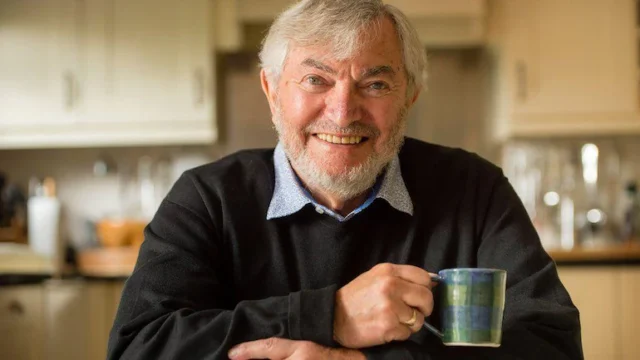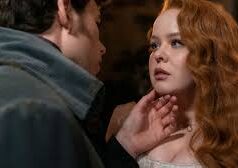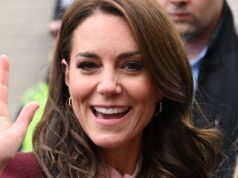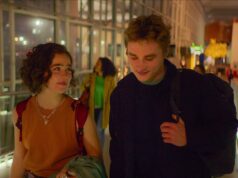According to a message on his official website, British composer Monty Norman, who created the driving theme for the James Bond movies, passed away on Monday after a brief illness. He was 94.
When he and Harry Saltzman purchased the rights to Ian Fleming’s espionage novel, Dr. No, in 1962, producer Cubby Broccoli, who had previously collaborated with Norman by supporting the stage musical Belle about killer Hawley Crippen, requested the composer to provide the score.
When the producers proposed to fly Norman and his then-wife, singer-actress Diana Coupland, to Jamaica, where the movie was being shot, they accepted, sealing the deal. Well, it sealed the deal for me. In a narrative published on his website, Norman remarked. “I figured we’d have sun, sea, and sand to show for it even if Dr. No turns out to be a stinker!”
By switching the primary riff from sitar to electric guitar, Norman modified a composition he had created for an imagined musical version of V.S. Naipaul’s A House for Mr. Biswas. All 25 of the James Bond thrillers have utilized the outcome.
Before composer John Barry was engaged to rework the theme, Burt Rhodes originally orchestrated the Dr. No. music. Years later, Norman sued the Sunday Times newspaper for libel after reading a 1997 piece that claimed Barry had written the theme. Norman was there to defend his authorship. He was granted 30,000 pounds in damages after winning in 2001.
Along with the theme that accompanies the opening sequence with the three blind assassins, he also composed the song “Underneath the Mango Tree,” which he taught to Sean Connery and Ursula Andress.
On April 4, 1928, Monty Noserovitch was born in the East End of London. When Norman was 16 years old, he acquired his first guitar, a 1930s Gibson. Before penning songs for British rockers Cliff Richard and Tommy Steele, he performed with huge bands and had a variety act with comedian Benny Hill.
He worked on stage musicals like Irma La Douce, which was adapted into a 1963 Billy Wilder film starring Shirley MacLaine after running for 18 months on Broadway and 5 1/2 years on the West End, as well as The Art of Living, Make Me an Offer, and Expresso Bongo, which was adapted into a 1959 film starring Laurence Harvey.
As a result of his efforts on Songbook, Norman received recognition at the 1979 Olivier Awards.







